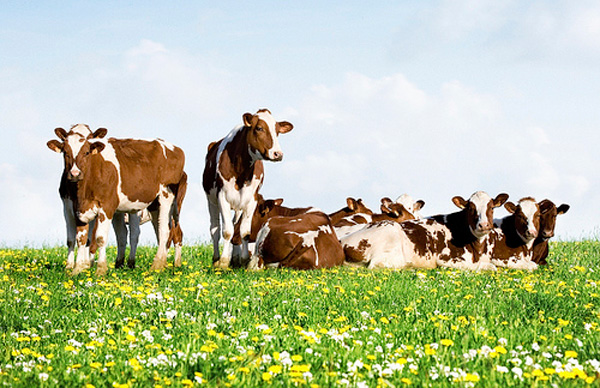- South Texas Students Meet Accordion Music Icons Los Tigres Del Norte In Edinburg Thanks To Khs America/Hohner Alianza Académica Initiative
- Fragile Planet Offers a Nighttime Wildlife Experience
- Falcons Soccer Off & Running
- Cameron County Receives Funds to Improve Two Parks
- Falcons Complete First Half of 32-6A
- School District to Help out Victims of California Wildfires
- Sand Castle Days Continued Despite Unexpected Weather
- Ready for District
- Discussion of Garbage Dumpster Rates, Agreements Between State & City on Highway Regulations, and More
- 31st Annual Shrimp Cook-Off is Right Around the Corner
Global Food System Faces Multiple Threats from Climate Change
- Updated: December 18, 2015
by Eric Galatas
AUSTIN, Texas – Climate change will have a big impact on food security across the globe, but will hit the poor and people living in tropical regions the hardest according to a new international study presented at the United Nations Climate Conference in Paris.
Claudia Tebaldi, a scientist for the National Center for Atmospheric Research and co-author of the report, says reducing climate pollution is critical for producing enough food for people living in this century as well as future generations.
“But as we progress and if we don’t do anything about our emissions, then we expect that as climate changes more radically even the U.S. production is going to be challenged by these aspects of the climate system changing,” says Tebaldi.
The report found warming temperatures are not only a threat to livestock and crops. It also can disrupt transportation systems and degrade food safety.

Climate change is likely to have far-reaching impacts on livestock and crops throughout the world, according to a new report. Photo: USDA
Tebaldi says rising sea levels can damage port structures which means imports Americans love such as coffee and chocolate could be harder to come by. She says extreme weather events and increased flooding will continue to put the nation’s highway system at risk.
The study shows even if leaders meeting in Paris commit to reducing carbon pollution, climate change will continue to challenge food production this century. But Tibaldi says other factors could play a bigger role in food security, such as population growth, access to technologies and health care, and social inequality.
“So food can be available,” says Tibaldi. “But then if you don’t have the means to buy it, and to store it safely, and if you are not healthy enough to actually process it within your digestive system then it doesn’t really matter if it’s available.”
The report’s recommendations, beyond cutting carbon emissions, include wider use of advanced growing methods, improving food-storage capacity in warmer regions, and beefing up transportation infrastructure to protect ports and roads to make sure more of the world’s people can be confident their next meal will be there when they need it.
